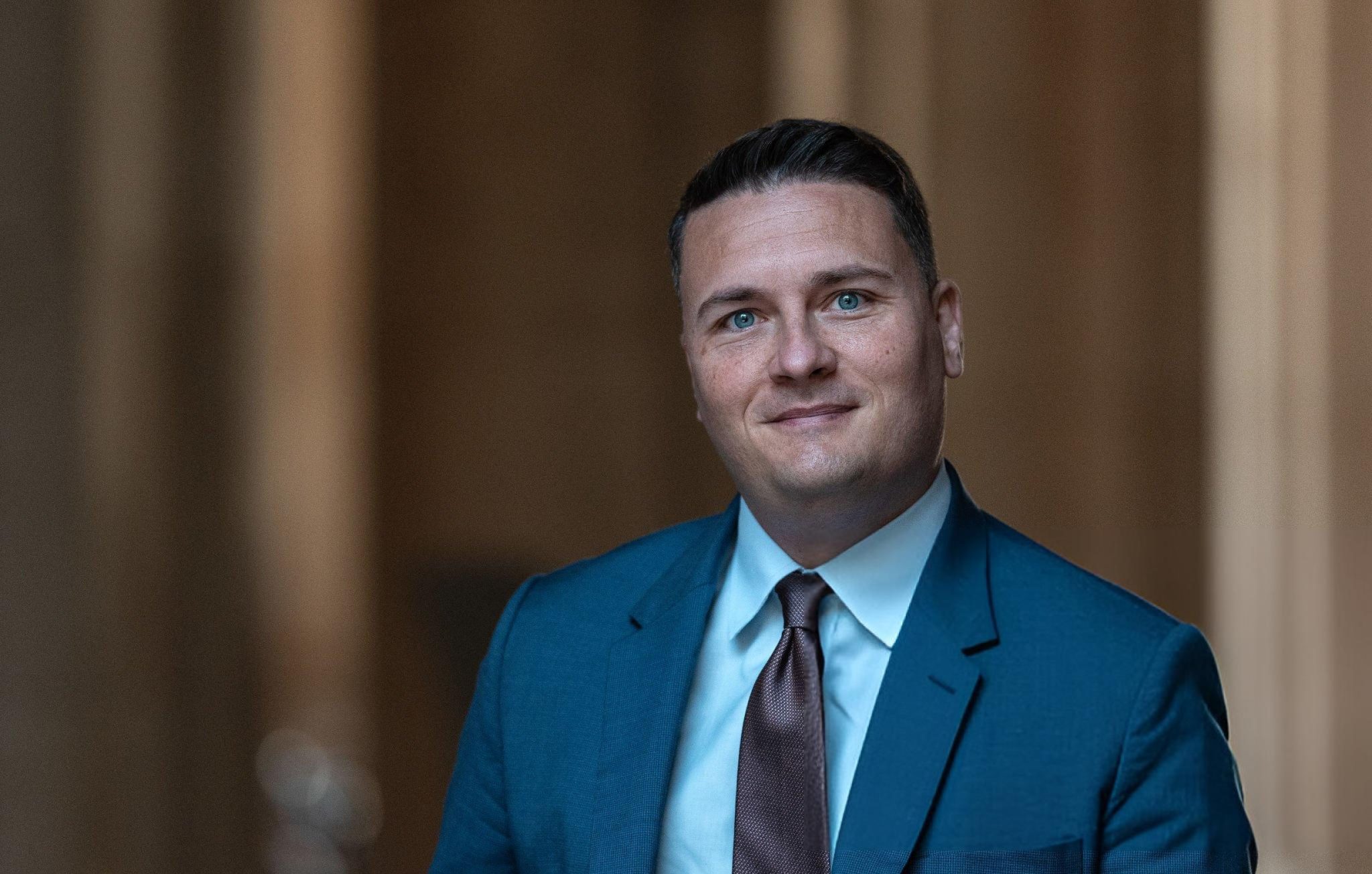Health Secretary Wes Streeting has made a direct appeal to resident doctors in England, urging them to vote against fresh strike action as the British Medical Association (BMA) begins balloting its members. The potential industrial action could last up to six months, prompting growing concern from both the Government and patient advocacy groups.
Resident doctors—previously known as junior doctors—are being balloted for a new round of walkouts following claims their pay has plummeted by 23% in real terms since 2008. If the vote is successful, strike action could commence as early as July and extend into January 2026.
Writing in The Times, Mr Streeting warned against plunging the NHS back into a cycle of “stand-offs, strikes and cancellations”. He called on doctors to consider the recent progress made and to work collaboratively with the Government.
“Strikes should always be a last resort, and I don’t think they are in anyone’s interest today,” Mr Streeting wrote. “I’m appealing to resident doctors to vote ‘No’ in the ballot, and instead continue the progress we’ve made, working together to rebuild our NHS.”
His remarks come amid a shift in public sentiment. A recent YouGov survey of 4,100 British adults found that 48% of respondents oppose further strike action by resident doctors, with only 39% expressing support. This marks a significant shift from last summer, when 52% of Britons backed similar industrial action.
Labour supporters remain the most sympathetic towards the doctors, while Conservative voters showed the strongest opposition, according to the polling data.
The dispute centres around pay erosion, with doctors arguing that the current offer does little to restore their income to pre-2008 levels. Earlier this month, the Government accepted the recommendations of independent pay review bodies, granting an average 5.4% salary increase to resident doctors. However, the BMA maintains that this falls far short of what is needed.
In his editorial, Mr Streeting insisted the NHS is beginning to recover but acknowledged the challenges that remain. “The NHS was broken, but it’s not beaten. If we keep pulling together, we can turn it around,” he wrote.
The Patients Association has echoed concerns about the potential disruption to services, particularly as the winter period approaches—a time when the NHS is under the greatest strain. The organisation highlighted that previous industrial action by doctors in training led to 1.3 million cancellations of appointments, procedures, and operations, although they estimate the actual impact to be significantly higher.
In response to the Government’s plea, co-chairs of the BMA’s resident doctors committee, Dr Melissa Ryan and Dr Ross Nieuwoudt, insisted that strike action remains a last resort.
“Patients are all too aware how much the NHS relies on its resident doctors,” they said in a joint statement. “Many will understandably be concerned about how future strike action might affect their care, but it’s important to stress that strike action is not inevitable and can be avoided.”
They placed the onus on the Government to resolve the issue, saying: “The Government has the power to honour its previous commitment to map out and restore doctors’ pay, avoiding strikes entirely.”
The doctors also warned of growing disillusionment within the workforce, with some considering leaving the UK to practise medicine abroad, where pay and working conditions are perceived to be better.
“As the population ages and care becomes more complex, we need to make sure we retain doctors in the UK,” they said. “We’re confident that patients will recognise the value of doctors has not diminished, but our pay and conditions certainly have.”
The ballot will close on 7 July, leaving just a few weeks for both sides to reach a resolution before the threat of widespread disruption becomes a reality once again.






